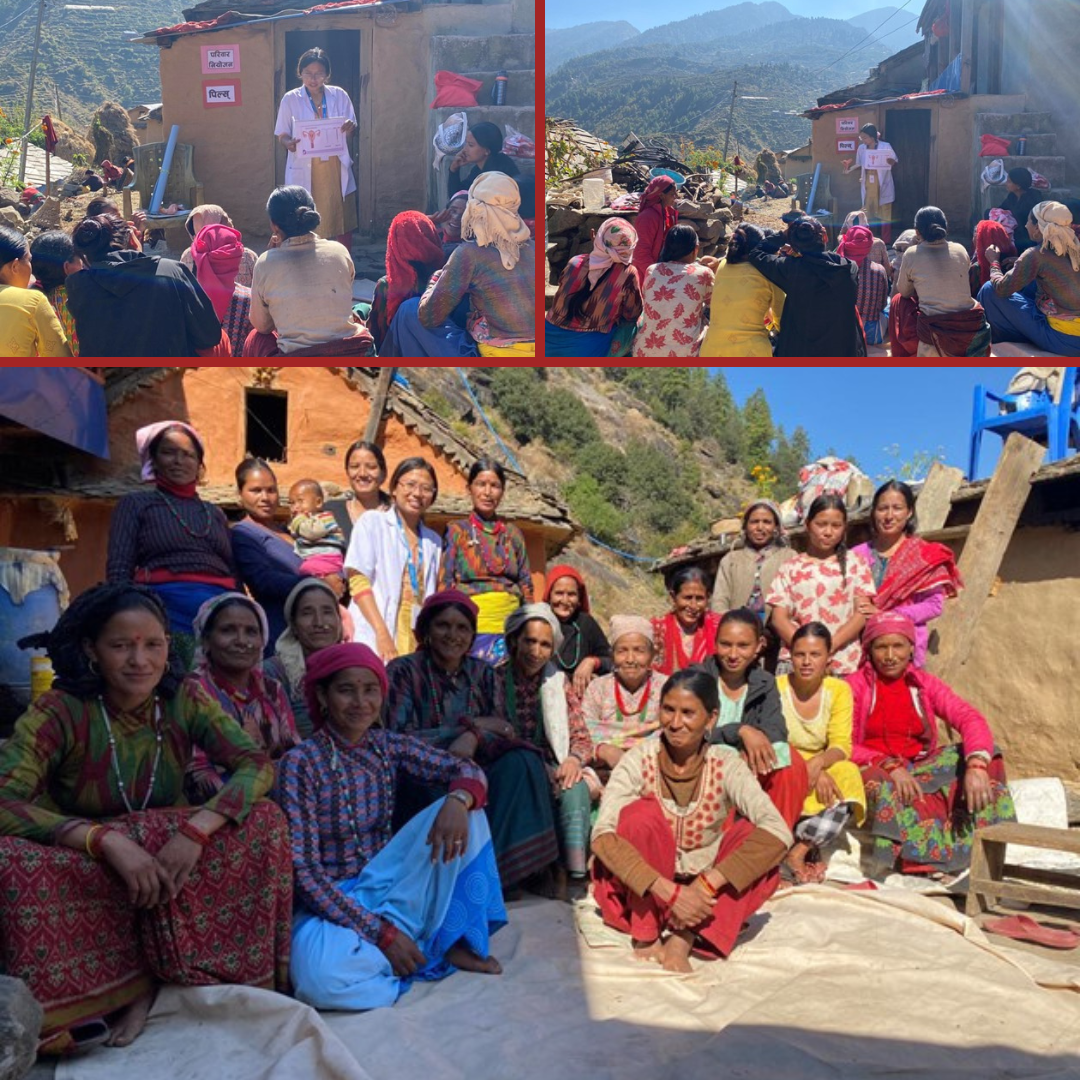Raising Awareness: DFN Nurse Reports on Family Planning Initiative
Report on Health teaching on Family Planning in Community
By Yuna Shahi
Date:15th November, 2023
In many communities, there is a lack of awareness on family planning remains a significant barriers to reproductive health. To address these issues, again I organized a community workshop in another ward of Mahawai, Kalikot District on 7th November, 2023 with the help of Rajkumari Dura mam to provide family planning health teaching directly within the community by walking through its neighborhood. This reports highlights the objective, methods, challenges and impact of this community-centric approach.
The primary objectives of the family planning health teaching initiative were to:
- Increase awareness about family planning methods and their benefits.
- Provide accurate information to empower individuals and couples to make informed decisions.
- Foster open dialogues within the community to address concerns and questions about family planning.
Methods:
Walking Tours: We embarked on walking tours through various neighborhoods, engaging with residents along the way. It took one and half hour to reach in that community.
Interactive Workshops: Workshops were conducted in communal spaces, or in areas where community members naturally gathered.
Distribution of Educational Materials: Informative pamphlets, and visual aids were distributed to reinforce key messages and serve as ongoing references.
Challenges and Solutions
Weather Conditions: Cold weather occasionally disrupted walking. Overcame by carrying warm clothes.
Cultural Sensitivity: Faced challenges related to cultural norms and beliefs. Overcame by incorporating culturally sensitive approaches, fostering an atmosphere of trust and understanding.
Access to Services: Addressed limited access to healthcare services by collaborating with local clinics to provide affordable and accessible family planning services.
Access to Resources: Provided breakfast for participants from our money.
Community Response:
Increased Awareness: Over the course of the initiative, there was a noticeable increase in community awareness regarding family planning methods and their benefits.
Community Engagement: The walking approach facilitated direct community engagement, allowing for personalized interactions and relationship-building.
Shift in Perspectives: Positive changes in attitudes towards family planning were observed, with increased openness to discussions and a decrease in stigma. Now days, most men and women do not feel hesitate to tell regarding family planning.
Conclusion:
The family planning health teaching initiative, implemented through walking tours within the community, demonstrated the effectiveness of a grassroots, community-centric approach. By integrating health education into the fabric of daily life, the initiative succeeded in breaking down barriers and fostering a positive shift in community perspectives toward family planning. Families now possessed the knowledge to plan their future, understanding the impact on their health, the well being of their children, and the prosperity of the community.

